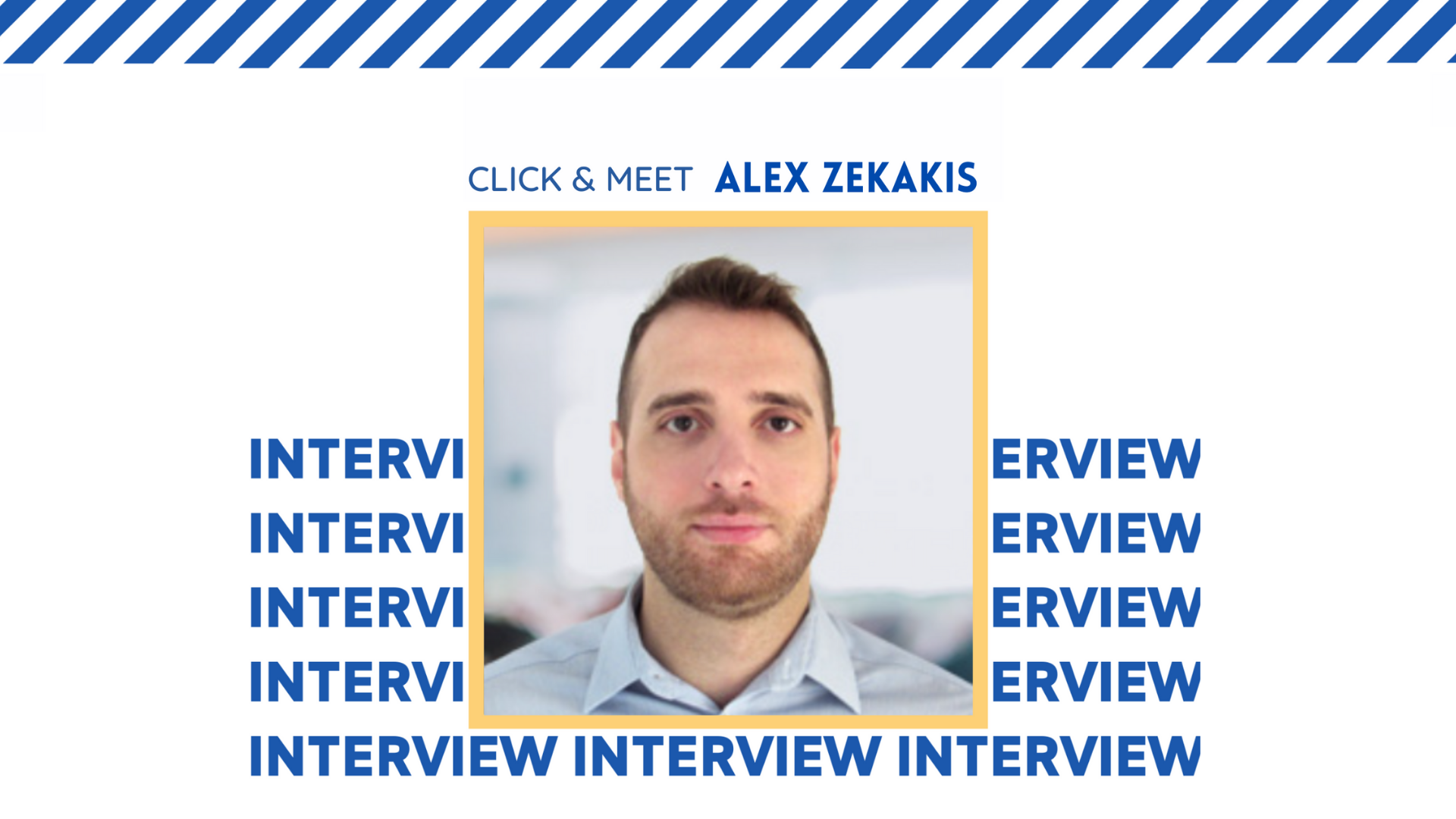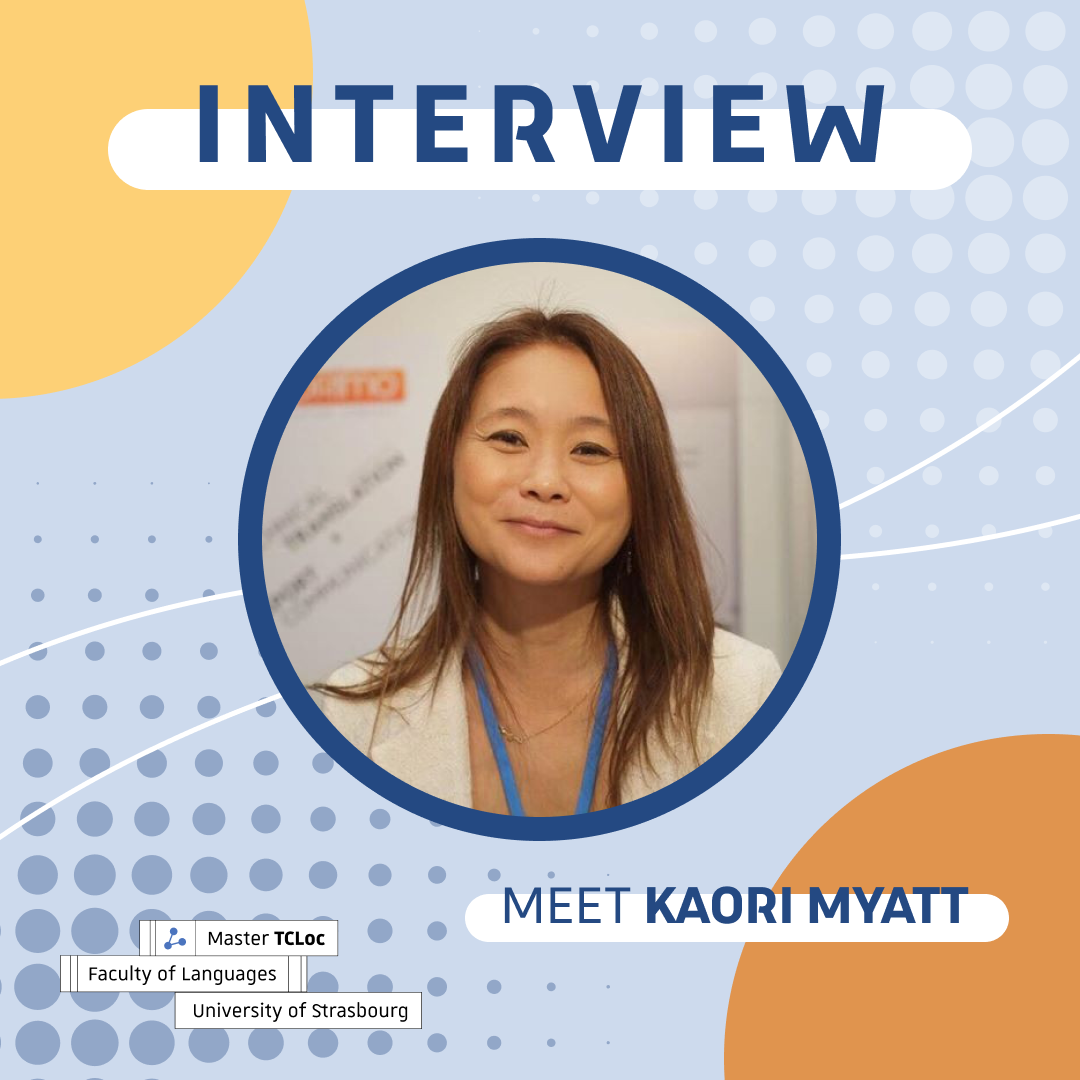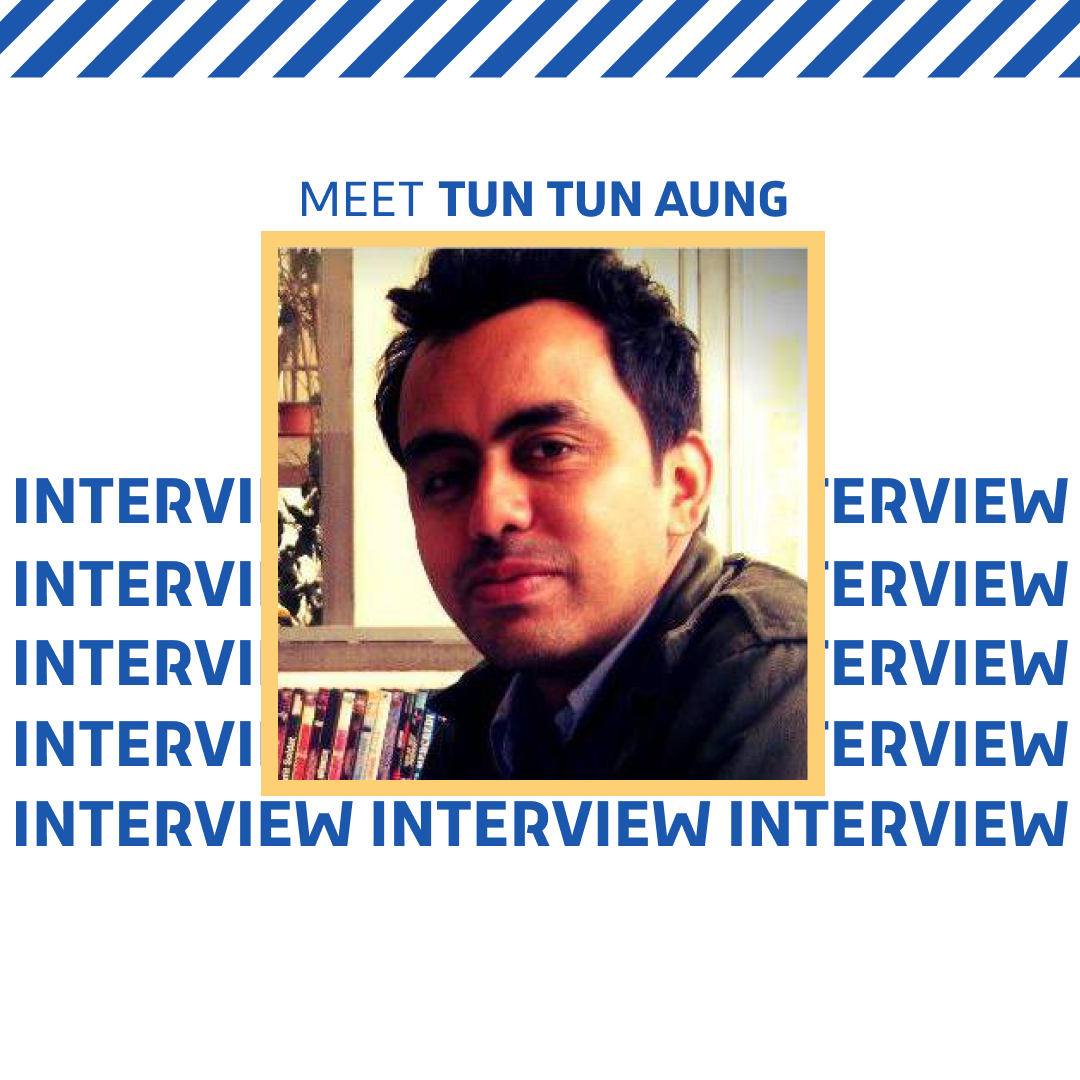Alex Zekakis teaches three courses as part of the TCLoc program, which are “Introduction to CAT Tools”, “Advanced Configuration for CAT Tools” and “Mobile App Localization”. He also works as European Solutions Architecture Manager at XTM International, where he runs a remote team that mainly focuses on supporting pre-sales activities.
Hello Alex, could you introduce yourself, describe your professional course and what you do today?
“Sure! My name is Alex Zekakis. I’ve been in the localization industry for around 13 years now. Throughout this time, I’ve worked in various different functions: I worked on the service provider side and currently I’m actually on the software side. I work for XTM International – a translation management system provider, and my role is Director of Support Services which, for us, means managing the entirety of all the customer facing and customer support functions within XTM. Let’s say that it’s a large group of people who all come together with different technical and customer-facing skills in order to provide the best possible experience for our customer base.”
How did you join TCLoc master’s and start teaching localization?
“If we go back a couple of years, I was at an event in London and I was talking to one of our speakers Chris Raulf, a very good friend of mine. He was at that time also an instructor for TCLoc, teaching SEO. I started discussing my personal interest in teaching and lecturing, and he offered to put me in touch with the people in Strasbourg. One thing lead to the other, and I ended up teaching three courses for the TCLoc master’s program: “Introduction to CAT Tools”, “Advanced Configuration for CAT Tools” and “Mobile App Localization”. I also run another couple of courses for the CAWEB master’s program.”
Can you give us a glimpse of what your “Introduction to CAT Tools” course is about?
– In the “Introduction to CAT Tools” course, we talk about the basic principles of computer-aided translation tools, or CAT tools, their core concepts and their evolution, which gives a holistic 360 view of how a translation tool actually functions.
“So, these courses that I’ve just mentioned start with the very basics – the introduction to CAT tools. We actually do not define one particular CAT tool, but we talk about the basic principles, the core concepts surrounding these tools – what they are actually meant to do, how they evolve over time, how they are being used by different people within the industry applying different functions, different principles. Effectively, one of the major objectives of this course is to have a holistic 360 view of how a translation tool actually functions, how to use it, and not focus on one tool per se.”
And what about your “Advanced Configuration” course?
“Advanced Configuration goes in a bit of a different direction, you could call it light engineering. So, there we start talking about all the cool things that people can do by using primarily regular expressions and XML Expat in order to be able to create their own parsers as well as segmentation rules for files. All translation tools require both of those, so you need to always have one way of parsing the given content, let’s say a word file, in order to be able to extract translatable text. The second part involves segmenting it, breaking it down to logical fragments of text, let’s say sentences or paragraphs. Both of those or either of those are essentially dictated by parsing and segmentation rules accordingly and we look at how we can start applying these very advanced and interesting logical operators. So, definitely a very interesting class and something that takes a lot of people outside their comfort zone and what they are used to doing. This course does not intend to create new engineers, but to help people acquire a broader perspective as to why these things are happening and how they are happening, so that people get a broader awareness.”
Last one, can you talk about your “Mobile App Localization” course ?
– In the “Mobile App Localization” course, we talk about understanding how a mobile app is structured, what its actual code is, how it’s being structured, what sort of principles are applied, what that means for localization and how this interacts with translation tools. So even those with no experience in mobile apps could understand the principles and apply them to software localization.
“This third course – in an orthodox, but very hands-on way – goes into the world of localizing mobile apps. We don’t just take mobile apps like files and put them into a translation tool – that’s the easy part. Here, we’re talking about understanding how a mobile app is structured and look at its actual code. Of course, we’re not trying to create developers here, but we are looking into the broader code and understanding what text is, why it’s there, how it’s being structured, what sort of principles are applied, what that means for localization and how this interacts with translation tools. We then take that back to the mobile app, creating a huge and wider spectrum of understanding of the complexities involved and what things we should be looking up when working with mobile app localization. I think it’s the most interesting class among these three, because it takes people outside of their comfort zone, but in a very managed, structured way, so that people who haven’t any experience whatsoever with mobile apps can feel like they understand what’s going on and can understand global perspectives of mobile app and software localization.”
What are the advantages of this program?
– Almost all of the instructors are actually industry-professionals in their individual domain, so the teachings have an immediate impact on one’s professional career.
“In terms of advantages of the program I would strongly suggest one thing – in the last two years events moved us into this online way of working, at least the great majority of employees out there. So people and companies have to adapt, as well as institutes, universities. This means that a new way of teaching emerged, which is not only ad-hoc but also self-driven. Sessions that were previously live moved online, etc. Yet, post-covid, and actually pre-covid or during covid, the TCLoc program actually remained intact in terms of how it was executed, because it was designed exactly in that way. So, I would say that one major advantage of the program is the fact that the courses, or rather the whole program itself, have been built to face what is happening today. It’s not just adjusted roughly and suddenly, from one day to another. On a second level, one of the true benefits of the program is the fact that many, if not all of the instructors are actually industry-professionals in their individual domain. I mentioned Chris Raulf before in the SEO domain, and me in the localization domain, but many others out there are professionals. There will always be a difference between academia and industry. You don’t always need an academic background, but you always need working experience. What I think is incredible here is that by introducing these professionals, what is achieved in the end is that people receive teachings that will actually help them in their professional career. They will truly be supported, they will go out to the world and they will be able to implement these things in real life scenarios. So, to me, this is probably the biggest benefit: teachings actually have an immediate impact on one’s professional career. I wouldn’t ask for anything more from a master’s program myself.”
One last question, Alex: would you have some advice to give to future students?
“If you are interested in the program, at least if I speak for my courses, there’s nothing to prepare for. It’s obviously always nice when people come with some knowledge of localization, but the whole idea here is that the foundation being set during these courses will help you to understand all the things that need to be understood, so you can get in right away. We will go through it step by step.”
Alright, perfect! I am sure that this insight will benefit many future students. Thank you for your time and we wish you all the best.
Interview & edit by Olga Malosh and Celine Sellier



